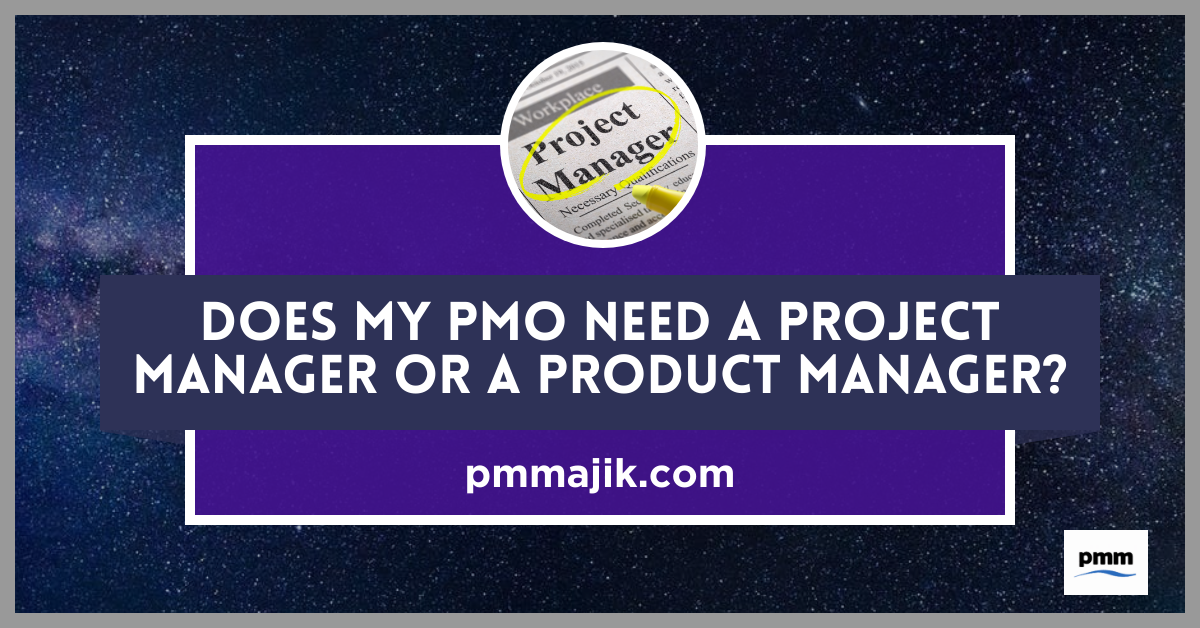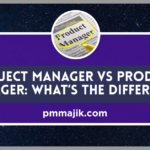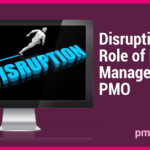The roles of a project manager and product manager are often confused. Whether you’re just setting up your project management office (PMO) or are bringing it to maturity, you may find yourself asking the question, “does my PMO need a project manager or a product manager?”
Every business and every PMO is different, so the final decision between a project manager or product manager will be down to your office’s circumstances. Here, we’re going to look at the factors you need to consider to help make a positive decision
To help you understand if you need a project manager or product manager, we’re going to explore:
- The different roles of a project and product manager
- Understanding your needs based on your projects
- Which role best suits the overall business aims
What’s the role of a project manager and a product manager?
A project manager is there to get a project planned, executed, and delivered on time and on budget. Meanwhile, a product manager’s role is to ensure the deliverable is what the client or end user expected in the first place.
Looking at these definitions, we can say that a project manager focuses on governance and delivery while a product manager is strategic and business-focused. This can be a useful way to determine which role you need to recruit if you can only have one.
When your PMO’s goal is to ensure projects are delivered within the right frameworks, you need a project manager. If you want your PMO to deliver projects that align with the wider business and generate profits, you need a product manager.
What type of projects need a project or product manager?
You need to understand the type of projects your office runs to get a better understanding of whether you need a project or product manager. Some of the main considerations are:
- Sector – product managers are needed when the end result is a useable product, such as manufacturing, retail, or software engineers. Project managers are required when delivering change projects, such as a site move or deploying a new business process.
- Complexity – a product manager should be able to handle straightforward projects on their own, while a project manager is needed when a project has lots of moving parts and requires a lot of planning and technical knowledge.
- Timeframe – if your PMO is developing a long-term partnership or will be working on several iterations of a product, a product manager is needed to guide that process. However, if a project is clear-cut and the end goal is unlikely to change, a project manager is more suitable.
Does the business model need a project manager or a product manager?
Lots of PMOs are created to deliver a change agenda. This could be to pivot a business from wholesale to direct to customer or to oversee an organisational change. Other PMOs are there to ensure projects that deliver to external clients are on time and on budget.
A PMO that needs to deliver change to a business or organisation tends to need project managers. The expectations of the projects are unlikely to change since they fit into a wider framework, and there needs to be strong planning.
When your PMO looks after projects that are for an external client, like a building project or a piece of software, a product manager can play an important role. They’re there to do quality control and manage the changing needs and expectations of the client. While planning is important, the end product is how the project will be measured.
Choosing a project manager or product manager
The question of whether your PMO needs a project manager or a product manager for a project has a lot of different considerations. You need to assess the type of projects that you work with and the overall goal of the business or organisation you oversee projects for.






